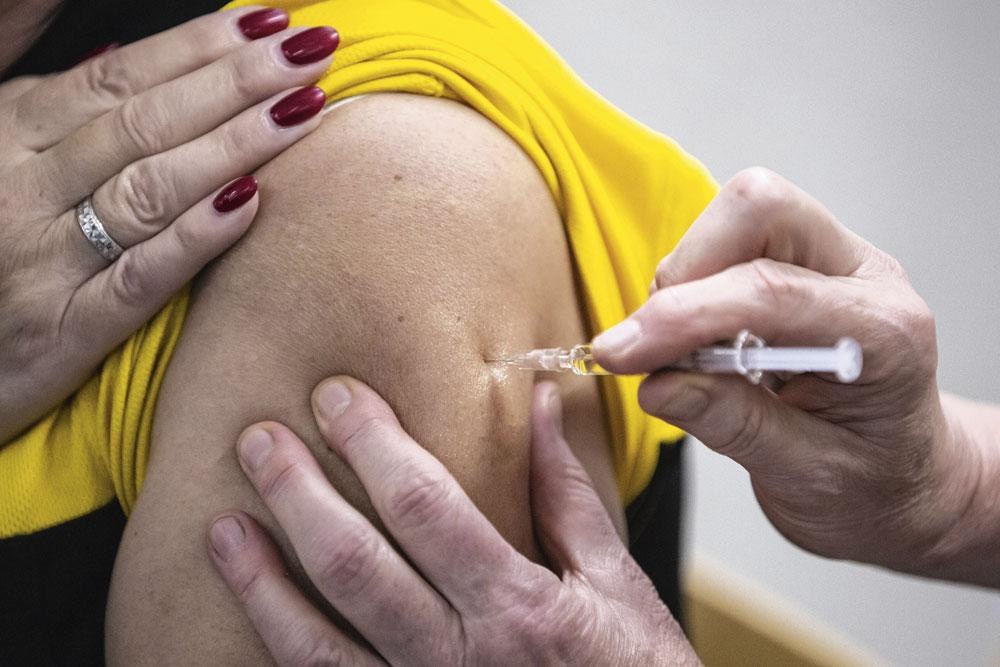Belgium's Superior Health Council (HGR/CCS) has called on people in risk groups and health care workers to get vaccinated against the seasonal flu this year, in the context of the coronavirus crisis.
In the context of the coronavirus pandemic, a vaccination against the flu is more important than ever to protect ourselves, but also to relieve the pressure on hospitals and general practitioners this winter, the Council said.
The Superior Health Council sticks to its recommendation for a vaccination against the seasonal flu for people in what they call 'Category A'.
This category consists of people with a risk of complications, such as pregnant women, children over 6 months old with a chronic illness, people over 65 years old, people living in an institution, and children over 6 months old undergoing long-term aspirin therapy.
People working in the healthcare sector should also be vaccinated, according to the Council, as should people living under the same roof as someone in one of the above-mentioned groups, and children under 6 months old.
Related News
- Coronavirus: 98 new infections, 26 hospital admissions in Belgium
- Belgium's period of excess mortality has likely passed
- 22% of workers consider quitting over employer's coronavirus management
"This year, more than ever, the Superior Health Council would like to recommend that Category A people be vaccinated to protect themselves. The occupancy of hospital beds may also be reduced by influenza vaccination of at-risk people, should the influenza season coincide with a peak in Covid-19," the Council stated in a press release.
Health care workers should also be vaccinated, they stress, "not only to indirectly protect patients, but also to protect themselves and ensure availability in the event of a new wave of Covid-19."
Additionally, vaccinating everyone between 50 and 65 years old would also be useful, the Health Council said. "The vaccination of these people should prevent a significant number of cases, but without significantly altering the occupancy of hospital beds (because there are few complications). The importance of this lies in reducing the workload for the first line," they stated.
A vaccine starts providing protection within a period of 10 to 15 days after the injection. Vaccinations should take place from mid-October to mid-December, according to the Health Council.
Maïthé Chini
The Brussels Times

